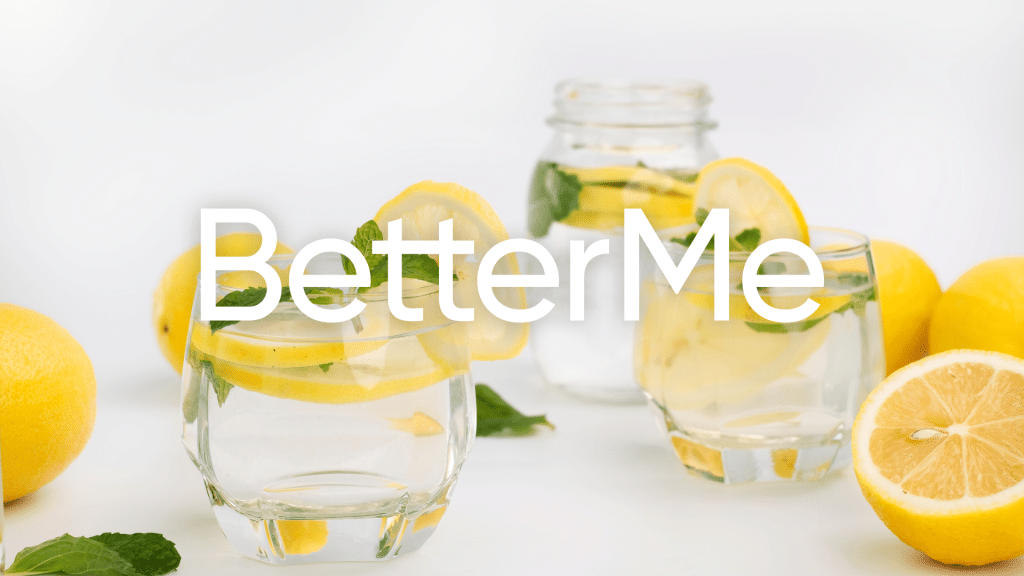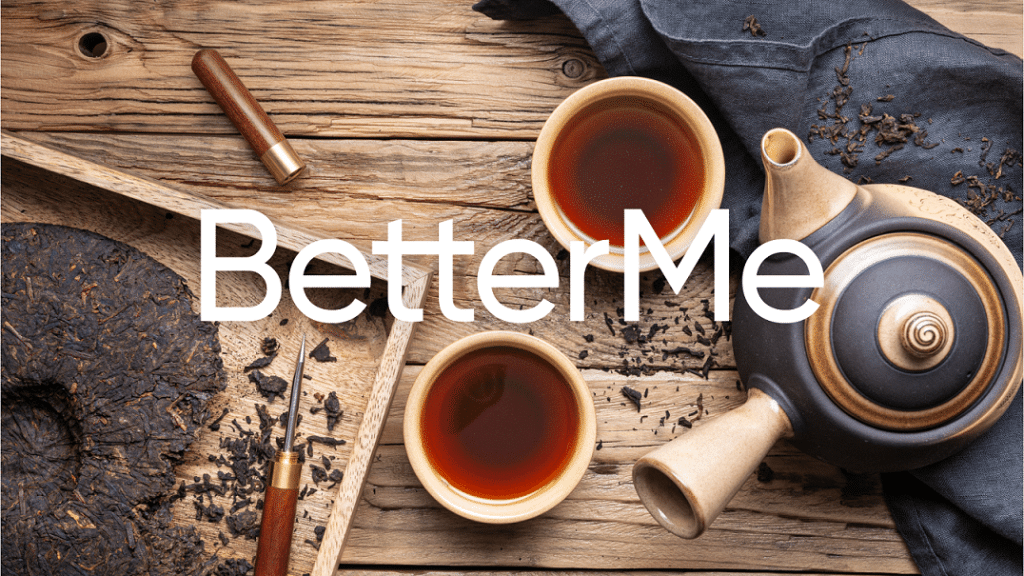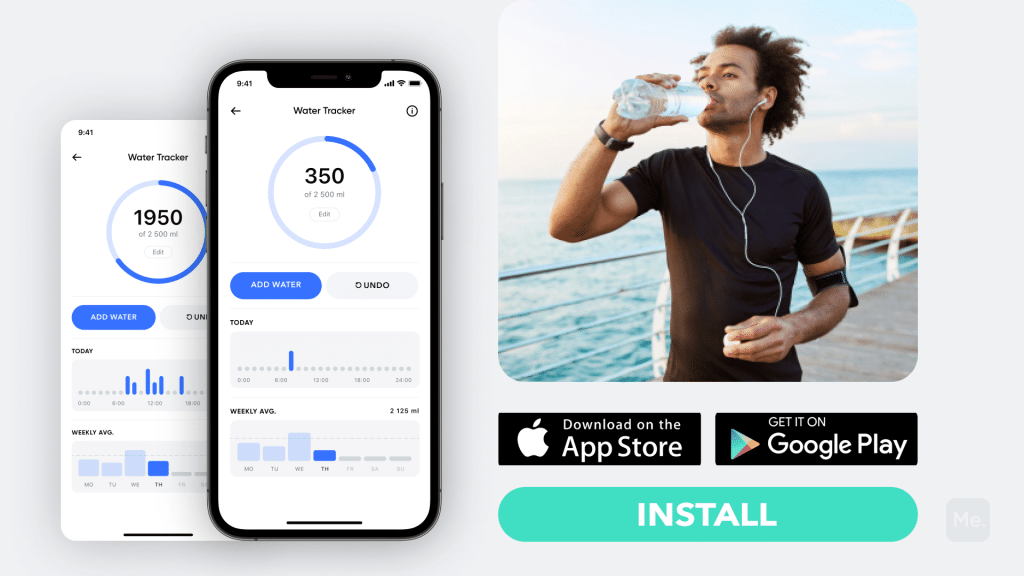What Can You Drink on 16 8 Diet
Intermittent fasting (IF) is an effective weight-loss method. Some researchers also claim that it could provide a number of potential health benefits including reduced inflammation, autophagy, and much more. Because it's simpler than most diets, many people incorporate it as part of a healthy diet.

But if you're thinking of hopping on this diet and you love your beer or wine, you might wonder, "can I drink alcohol while fasting?" Read on for a science-based answer to this question
Does Alcohol Break Your Fast?
Intermittent fasting is an umbrella term for various diets, but the most common form of IF is called the 16/8 method. During this type of intermittent fast, you eat for eight hours and then abstain from food for another sixteen.
For example, if your eating window is from noon to 8 pm, then your fasting window would be from 8 pm until noon the next day. Consuming alcohol during your fast (between 8 pm and noon the next day) will break your fast.
Alcohol contains calories; some types have more calories than others ( 11 ). If you drink it during your fast, your body gets to work digesting it and stops using stored fat for energy.
As soon as you put alcohol into your mouth, several pathways are activated. About 20%of all ingested alcohol is absorbed in the stomach. The liver then gets rid of this alcohol, sending it to the kidneys for excretion. This process can take up to eleven hours depending on many factors such as age, weight, gender, and more ( 11 ).
Read More: Does Alcohol Slow Your Metabolism? The Effect Of Alcohol On Your Body

What Are The Health Effects Of Excess Alcohol Consumption?
If you're doing 16/8 intermittent fast for health benefits, you may want to limit your alcohol intake. This is because excessive alcohol consumption has several effects that counteract the potential benefits of the diet.
Some of the health effects of excessive alcohol include impaired fat burning and weight loss, inflammation, and impaired autophagy. We discuss each of these effects below
Impaired Fat-Burning And Weight Loss
Here are some reasons why alcohol can impede your body's ability to burn fat and shed weight:
High In Calories
Alcohol is also known as ethanol, and it's calorie-dense (7 calories per gram). A shot of liquor can run anywhere from 80 to 100 calories. A beer is about 150 calories, while a glass of wine runs right around 120. And those cocktail mixers you think are harmless? Cocktail recipes often call for mixes that top out at 300 or more calories per serving because of the added sugar content ( 6 ). Consistent high-calorie intake will sabotage your weight loss efforts.
Burned First For Fuel
About 20 percent of the calories you consume from alcohol are used up right away. The rest goes to digesting and metabolizing it, creating more hunger pangs between meals (which can lead to overeating) ( 17 ). Alcohol also suppresses fat-burning enzymes in your liver. So any fat that is consumed with alcohol gets stored rather than being burned as fuel ( 7 ).

Yanking yourself back in shape has never been so easy with our game-changing fitness app! Start transforming your life with BetterMe!
Impaired Liver Function
Over time, excessive alcohol consumption can impair your liver function. Fatty liver, alcoholic hepatitis, and cirrhosis are all probable complications for long-term alcohol use. When your liver isn't working efficiently, it can seriously compromise the body's natural fat burn process ( 7 ). That means any extra calories you consume could end up being stored as fat.
Poor Food Choices
You're more likely to choose high-calorie or unhealthy foods when you drink and then have trouble stopping after just one serving ( 2 ). The combination of those poor food choices and increased portions often leads to weight gain if you're not already overweight.
Impaired Hormone Regulation
Alcohol, especially when consumed in excess, may increase the levels of the hormone cortisol and promote abdominal fat gain. The release of stress-related hormones such as cortisol is associated with an increased risk for belly fat accumulation (and can lead to a beer belly) ( 16 ).
Excessive alcohol consumption has also been shown to disrupt how estrogen and progesterone are metabolized in women, potentially leading to increased body fat ( 5 ).
In men, excess alcohol consumption is associated with lower testosterone levels, which can slow down metabolism and result in weight gain ( 8 ).

Poor Sleep
Drinking alcohol closer to bedtime may also disrupt sleep patterns by making it harder for you to achieve a deep level of REM sleep (when your body repairs and restores itself) ( 4 ).
Sleep deprivation, whether from lack of sleep or impaired sleep, can lead to an imbalance in the hormones related to hunger, satiety, and energy storage ( 10 ).
Poor Digestion
Drinking too much alcohol can interfere with the balance of good gut bacteria that help aid digestion. When excess alcohol is consumed, levels of these good bacteria decrease as they fight off the intestinal invaders from the alcohol. Poor digestion means poor absorption of important nutrients that help reduce inflammation, boost immunity, and enhance metabolism ( 9 ).
Impaired Autophagy
Autophagy is one of the most sought-after benefits of intermittent fasting. It is the process by which cells discard their waste products and other dysfunctional components. Autophagy is highly protective against degenerative diseases, aging, and even cancer ( 13 ).
Excessive alcohol can inhibit autophagic activity during intermittent fasting. Autophagy is inhibited by oxidative stress and inflammatory mediators which occur after chronic intensive alcohol consumption ( 1 ). In other words, frequent drinkers do not express as much of the cellular components necessary for autophagy.
In addition, a single night of binge drinking may impair protein clearing pathways like autophagy in brain cells.
Inflammation
Reduced inflammation is another benefit of intermittent fasting. However, alcohol can cause inflammation. Chronic inflammation may cause various diseases including cancer, heart disease, and type 2 diabetes ( 15 ).
Read More: Does Whiskey Make You Fat: Digging Deeper Into The Relationship Between Alcohol And Weight Gain

You Don't Have To Give Up Alcohol While On Intermittent Fasting
Going on the 16/8 intermittent fasting diet doesn't mean you have to give up alcohol entirely. You can have a moderate amount of alcohol during your eating window.
In fact, research implies that moderate alcohol consumption could potentially have some health benefits.
Moderate drinking is defined as one drink per day for women and two drinks per day for men. Excessive drinking is defined as more than three or four drinks at a single time or more than seven drinks per week (for men) or more than four or five drinks at a time or more than seven drinks per week (for women) ( 3 ).
According to studies, moderate alcohol consumption can:
Contribute Positively To Cardiovascular Health
In particular, alcohol may reduce the risk of coronary heart disease and ischemic stroke. Moderate alcohol consumption may also increase high-density lipoprotein cholesterol (HDL), which helps remove LDL or "bad" cholesterol from the bloodstream. Alcohol may help prevent blood clots that can lead to a heart attack or stroke. Finally, research suggests that red wine may have antioxidant properties when consumed in moderation ( 3 ).

Improve Insulin Sensitivity And Glucose Levels In Diabetics
This benefit is most apparent when the alcohol is consumed with food. Alcohol also appears to slow the absorption of carbohydrates, which can reduce overall levels of blood sugar. Moderate drinking has been shown to decrease insulin resistance, and moderate alcohol consumption by diabetics can improve their sensitivity to insulin ( 14 ).
If you wish to cinch your waist, tone up your bat wings, blast away the muffin top – our fitness app was created to cater to all your needs! BetterMe won't give excess weight a chance!
Enhance Cognitive Function In Older Adults
Moderate alcohol consumption may have a protective effect on cognition and even delay decline associated with dementia. Moderate alcohol consumption is linked with a reduced incidence of Alzheimer's disease and other forms of memory loss among older individuals. In addition, research suggests that moderate drinkers are more resilient than abstainers in recovering from brain injuries (e.g., stroke) ( 12 ).
Help Prevent Dementia
Moderate alcohol consumption has been linked with a reduced risk of developing both Alzheimer's disease and vascular dementia, which is caused by reduced blood flow to the brain. Research also suggests that people who drink moderate amounts of alcohol are more likely to live longer if they already have mild cognitive impairment (MCI) ( 12 ).

Choosing The Right Alcohol
If you're going to drink while doing the 16/8 intermittent fasting, you should choose the right alcohol. Avoid high-calorie drinks that are full of added sugar. Go for dry wine or distilled spirits that are low in calories. Below is the calorie content of different alcohols according to the National Institutes of Health ( 6 ):
- Beer – 153 calories per 12 fl oz. serving
- Gin, rum, vodka, whiskey, tequila – 97 calories per 1.5 fl oz. serving
- Brandy, cognac – 98 calories per 1.5 fl oz. serving
- Liqueurs – 165 calories per 1.5 fl oz. serving
- Red wine – 125 calories per 5 fl oz. serving
- White wine – 121 calories per 5 fl oz. serving
- Champagne – 84 calories per 4 fl oz. serving
- Margarita – 168 calories per 4 fl oz. serving
- Cosmopolitan – 146 calories per 2.75 fl. oz serving
- Whiskey sour – 160 calories per 3.5 fl oz. serving
The Bottom Line
Going on the 16/8 intermittent fasting diet doesn't mean you have to give up alcohol entirely. You can have a moderate amount of alcohol during your eating window. Moderate drinking is defined as one drink per day for women and two drinks per day for men. If you're going to drink while doing the 16/8 intermittent fasting, choose low-calorie beverages such as dry wine and distilled spirits that are free of sugar.

DISCLAIMER:
This article is intended for general informational purposes only and does not address individual circumstances. It is not a substitute for professional advice or help and should not be relied on to make decisions of any kind. Any action you take upon the information presented in this article is strictly at your own risk and responsibility!
SOURCES:
- Adipose tissue autophagy and homeostasis in alcohol-induced liver injury (2017, nih.gov)
- Agrp neuron activity is required for alcohol-induced overeating (2017, nature.com)
- Alcohol: Balancing Risks and Benefits (n.d., harvard.edu)
- Alcohol and a Good Night's Sleep Don't Mix (2013, webmd.com)
- Alcohol and oestrogen metabolites in postmenopausal women in the Women's Health Initiative Observational Study (2017, nih.gov)
- Alcohol calorie calculator (n.d., nih.gov)
- Alcohol-related liver disease (2018, nhs.uk)
- Alcohol's Effects on Male Reproduction (1998, nih.gov)
- Alcohol's Role in Gastrointestinal Tract Disorders (1997, nih.gov)
- Here's What Happens When You Don't Get Enough Sleep (And How Much You Really Need a Night) (2020, clevelandclinic.org)
- How Long Does Alcohol Stay in Your System? (2021, americanaddictioncenters.org)
- Risk of dementia and alcohol and wine consumption: a review of recent results (2004, pubmed.gov)
- System-wide Benefits of Intermeal Fasting by Autophagy (2017, pubmed.gov)
- The Effect of Alcohol Consumption on Insulin Sensitivity and Glycemic Status: A Systematic Review and Meta-analysis of Intervention ( 2015, diabetesjournals.org)
- The inflammation theory of disease (2012, nih.gov)
- The Relationship between Alcohol Consumption and Cortisol Secretion in an Ageing Cohort (2007, nih.gov)
- What happens when you drink alcohol (n.d., nidirect.gov.uk)
What Can You Drink on 16 8 Diet
Source: https://betterme.world/articles/can-you-drink-alcohol-on-the-16-8-diet/